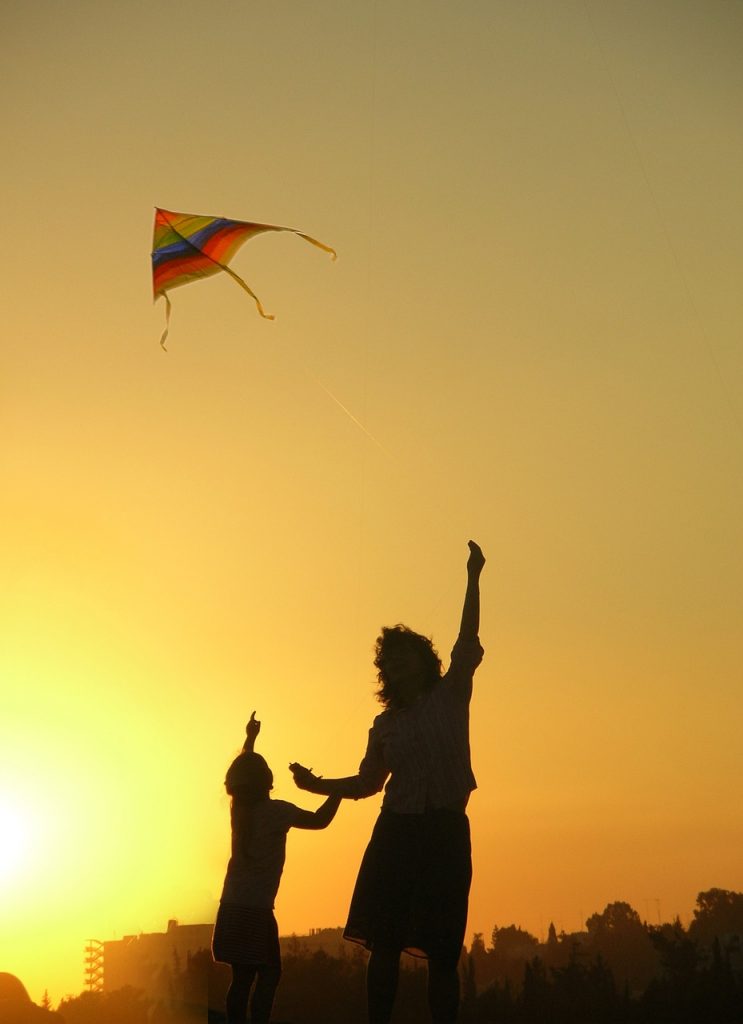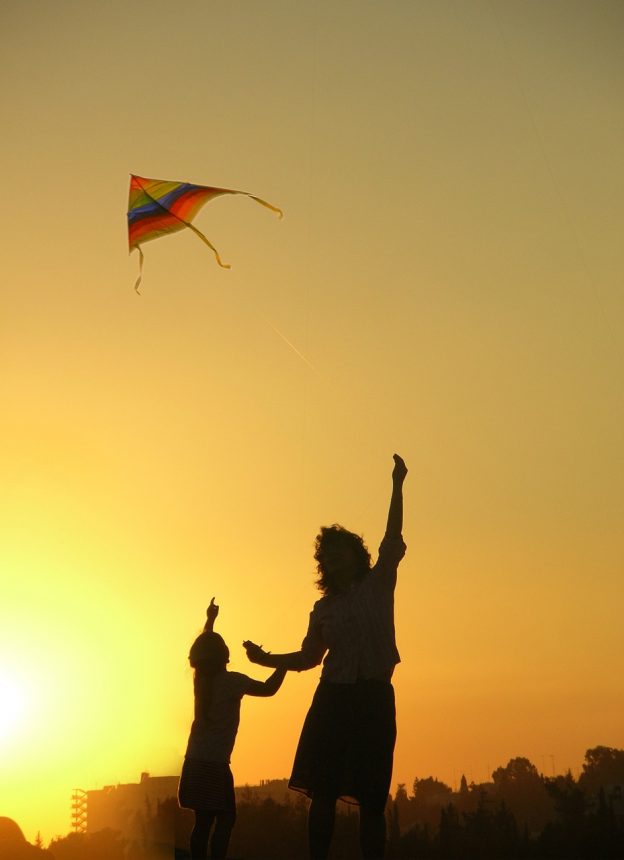
I don’t write much about self-care, because to be honest I kind of suck at it. For example, it is Sunday night, and I am at my office working on this blog post. I just ate a peanut-butter cookie. That was my dinner. Then, the motion-activated office light turned off, so I stood up and waved my arms around to turn it back on…and got exhausted. Because I don’t exercise. Except maybe when a grant application is due and a colleague drives around the block and I run up to deliver the proposal package.
The worst part, though, is that when I do have some downtime, I can never relax. I get a weird sense of anxiety and guilt, like I need to be doing something productive instead of letting work pile up. I’m sure many of you can relate. So I brought this up to my executive coach. “I can’t relax!” I said, “My brain does not ever rest! It is always analyzing stuff and worrying! Even when I take a day off or am on vacation, it is constantly thinking about work!” I was expecting her to give advice like “You should do meditation to calm your brain, maybe use a mindfulness app, and can you please pay the last invoice?” Instead, she asked this question, “Growing up, did you your parents ever take a vacation?”
Our ensuing conversation explored the theme of childhood and how it affects one’s self-care practices. My parents, for examples, always worked ridiculous hours. They delivered newspapers for the Seattle Times, and on Sundays they woke up at 4am to roll up the papers. They washed dishes at restaurants during the day, and my mother would also sew backpacks late into the night. We moved to Memphis, where they owned a convenience-store/gas-station. They would be there from 7am until 11pm each day (On Sundays, they had a break, only working to 7pm).
They expected me to help out at the store three or four times a week after school. It was horrible. So boring and there was always a chance that we would get robbed; or worse, kids at my high school might see me. So I lied to my parents. A lot. “I have a report to finish.” Or “I need to get my mandatory volunteer hours in.” Or “I broke my femur.” I was able to get out of 50% of the days I was expected to work. I would stay home and watch TV or play video games.
In the back of my mind though, there was always this constant nagging feeling of guilt. It felt awful. My parents were working all day, never taking a break, and there I was, lying to them and being completely useless. I didn’t cook. I didn’t clean. I just bummed around like a piece of human garbage with severe acne.
Somehow, this has transferred into my adulthood, including the acne. Whenever I have any down time, whenever I try to relax, there is always this subtle but pervasive feeling of guilt, a feeling that I don’t deserve to rest when others are working. This explains why I haven’t been able to relax, especially of late; when there’s so much out there for us all to do, so many people suffering, to take even one day off feels like a luxury that I never earned.
In this climate, when work seems especially daunting, we all need to do a better job taking care of ourselves and one another. We need us all to be in this for the long run. While organizations have a responsibility to create what my colleagues Beth Kanter and Aliza Sherman call a culture of “we-care,” I also think it would be helpful for us to individually examine how our childhood upbringing may be playing a role in our behaviors and thought patterns as adults. Especially if you find it difficult to relax, here are some questions, stemming from the conversation I had with my executive coach, to help you think through this. Reflect on them, maybe go through them with your team:
What messages, direct and indirect, did you receive from your parents or other adults growing up regarding self-care? Did their words and behavior signal that it’s OK to relax and recharge, or that you’re failing to meet expectations if you do so? Did you ever get to see your parents take a vacation? How did they behave? My parents’ rare “vacations” were always trip back to Vietnam, and they included a ton of familial obligations such as distributing medicines and gifts to various relatives in different cities. I now realize that they never been on a purely relaxing vacation, and because of that, neither have I.
How has your cultural upbringing influenced your philosophy around self-care? Some of us come from cultures that tell us “Work hard, play hard,” while some of us grew up hearing “Work hard, then work harder.” There are also cultures that have different messages for different genders; for example, telling men that they should relax, while expecting women to clean and tidy or prepare food during down-time. What are the norms for self-care from your cultural heritage?
What responsibilities did you have during childhood, and how have they shaped you now? Did you have the standard chores like washing dishes or taking out the trash? Were you expected to take care of younger siblings or run family errands such as grocery shopping? Did you also have obligations to help with the family business or otherwise support your family financially? How did these responsibilities shape your thoughts and behaviors as an adult?
Did you experience any trauma in your childhood that may be preventing effective self-care now? This is a deeply personal question, so be thoughtful if you are reflecting in a group setting. Some of you may have gone through childhood abuse, neglect, witnessed domestic violence, or forced to take on emotional responsibilities such as playing counselor to your parents, among other things that kids shouldn’t have to endure. These traumas, if unresolved, may significantly block your self-care and may require counseling to work through.
How do your childhood experiences affect the way you perceive other people’s self-care? Do they make you more patient? Less? A while ago I wrote “Your self-care may be holding you back and making people around you hate your guts.” I stand by my point, that the concept of self-care can be taken advantage of. But now I realize that after growing up and only seeing my parents and relatives working and never relaxing, and knowing first-hand that people often lie to avoid work, it does factor into my skepticism of others’ self-care practices.
What messages are you passing on to the people around you, especially kids? Besides thinking about how our childhood and cultural upbringing affect our self-care practices, we should think about how our self-care practices and philosophies may be affecting the people around us, including our kids. I remember one day, my then-2-year-old son Viet walked into the bedroom at 8pm; he had been playing in the living room with his grandmother. My partner and I were both on our bed, each with a laptop. His eyes grew wide. He exclaimed, “Momma’s working? And Daddy’s working?” He looked crestfallen. “Viet’s not working?” He ran and got his educational toy laptop and climbed into bed so he could “work” too. That was the last time we brought our laptops to bed.
I hope you take some time this week to ponder through these questions, alone or with your team. Reflecting on how our childhood experiences affect how we act as adults is just one element, but an important one, in our ongoing efforts to be at our best as we work to better our world.
—
Support the maintenance of this website by buying NWB (Now NAF) t-shirts and mugs and other stuff. [New merchandise: “Nonprofit AF, Proud AF.“]
Make Mondays suck a little less. Get a notice each Monday morning when a new post arrives. Subscribe to NAF by scrolling to the top right of this page (maybe scroll down a little) and enter in your email address (If you’re on the phone, it may be at the bottom). Also, join the NAF Facebook community for daily hilarity.
Also, join Nonprofit Happy Hour, a peer support group on Facebook, and if you are an ED/CEO, join ED Happy Hour. These are great forums for when you have a problem and want to get advice from colleagues, or you just want to share pictures of unicorns. Check them out.
Donate, or give a grant, to Vu’s organization, Rainier Valley Corps, which has the mission of bringing more leaders of color into the nonprofit sector and getting diverse communities to work together to address systemic issues.


